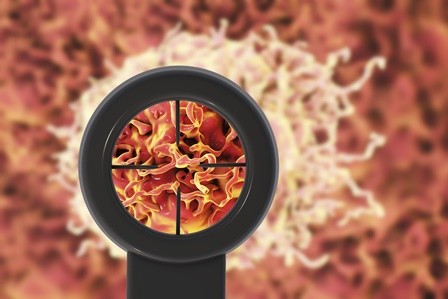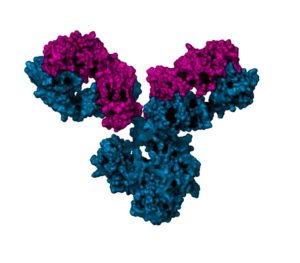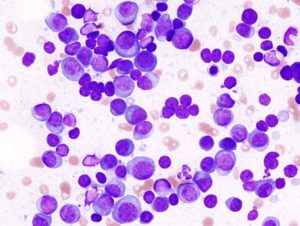The field of immuno-oncology has rapidly expanded since the 2011 approval of ipilimumab, the first monoclonal antibody that acts as an immune checkpoint inhibitor and is effective in treating cancer. The predicted market size in the US for immuno-oncology products is $35 billion by 2023, according to J.P. Morgan.
The concept of utilizing the immune system as a tool to fight disease was first conceived by Dr. Edward Jenner with vaccination against smallpox in the late-eighteenth century. The field has grown dramatically in the past decade, and we are in fact now seeing the third generation of immune-oncology therapies.
Each generation has put forth its own signature drugs and their technological advances have built on prior successes. The first generation included ipilimumab (FDA approved 2011) and sipuleucel-T (autologous dendritic cell therapy, FDA approved 2010), and the second generation includes anti-PD1 nivolumab (approved 2014) and anti-PDL1 pembrolizumab (approved 2014) antibodies. The third generation is shaping up to be the most impressive integration of technologies. The current approach includes the use of multiple modalities, including checkpoint modulatory antibodies, cancer vaccines and bispecific antibodies.
Here we recommend an excellent review by Axel Hoos in which he summarizes the field of cancer immunotherapies, from a brief foray into the history to the most recent developments. The article is entitled, “Development of immune-oncology drugs – from CTLA4 to PD1 to the next generations.” Nat Rev Drug Discov. 2016 Apr;15(4):235-47. doi: 10.1038/nrd.2015.35. Epub 2016 Mar 11.





